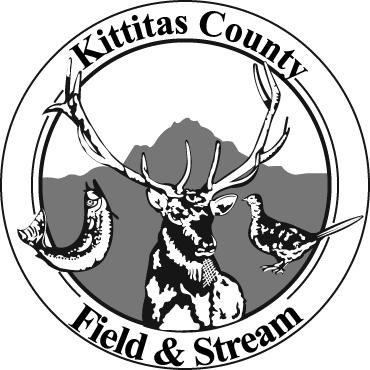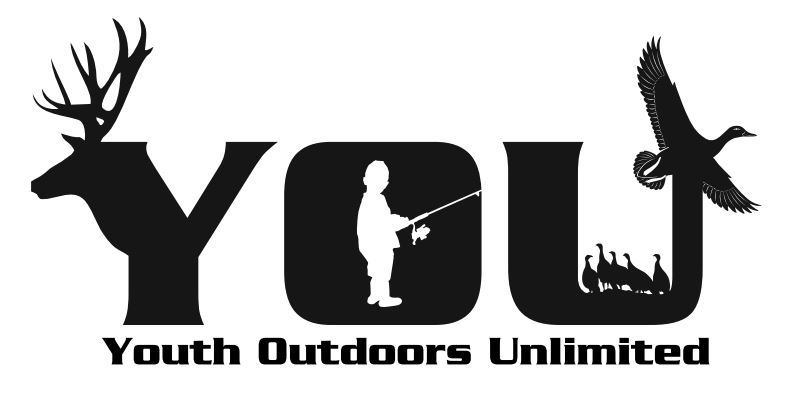At some point, some weeks back, Diane asked me if I would speak to the Ellensburg Friday Club. I allowed as how that might be fun, and asked, “What would be the topic?” “Oh, pretty much whatever you wanted to talk about – maybe outdoor stuff, families, you know…” I promptly forgot the discussion.
Two weeks ago, Sandy Peterson, the telephone outreach chief for the Friday Club, called. Diane smiled at the confused look on my face, said, “Sandy needs the topic for your talk next Friday,” and gave me the phone. Sandy wanted to send something out to the club members, so… “Wild Children!” I said. “Well,” she said, “You certainly have my attention!” “Yeah,” I replied, suddenly very anxious to hear what I might have to say about such things, “mine, too…”
It was perfect, really. For decades, I’ve been writing and talking about getting kids connected to the outdoors. For several years, we have pushed legislative efforts to establish a Washington Children’s Outdoor Bill of Rights. In the last couple months I have made several appearances talking about outdoor kids, have written about it, and recently spent time in Denver with Scott Sampson, author of the hot new book, “How to Raise a Wild Child: The Art and Science of Falling in Love with Nature.” What else would I discuss with that group of remarkable women?
Among my heroes are a couple leaders in kid outdoor connection efforts. Robert Michael Pyle, on campus for talks from time to time, is author of several books on butterflies and the outdoor growth of youth. Robert has spoken and written for years about the importance of a simple and nearby natural space where a youngster might have an “Aha!” moment of seeing his or her place on earth. Richard Louv is a widely known child advocate and author of “Last Child in the Woods: Saving our Children from Nature-Deficit Disorder.” (You may recall the conversation with a fourth grader that spurred Louv’s mission. He asked a boy why he didn’t play outside, and got, “I like to play indoors better ‘cause that’s where all the electrical outlets are.”)
Louv is the driving force behind the now worldwide Children & Nature Network (www.childrenandnature.org), involving nearly four million kids scattered through more than a dozen countries in one or another earth-connecting activities. It’s about saving wild children.
I look around at this growing movement to help children play and learn and grow through outdoor connections, and I see another iteration of our ‘60s mantra to “Think Globally, Act Locally.” Can we have a healthy planet without wild places, wild animals and wild children?
This kids outdoors movement is alive and growing at many levels. It is involving adults, too.
The statewide Big Tent Outdoor Recreation Coalition is pulling as many groups as possible together to raise the voices of those who use Washington’s outdoor playgrounds. Outdoor recreation is a $22 billion part of our state annually. Check out www.bigtentcoalition.info for the coalition’s perspective on the value and importance of playing outside.
There is much activity in Paradise, too. We now have a website for Washington’s outdoor kids and families and, one day, our outdoor kids’ bill of rights. That website will be up and operating shortly. Standby.
Parallel to other efforts is the local work of Sybil Maer-Fillo, who established the Roslyn Outdoor School – now the Washington Outdoor School. Sybil is partnering with the Kittitas Environmental Education Network (KEEN) for regular Friday pre-school programs and for once-a-month-or-so Early Release Friday programs for grade-schoolers. Register your child at www.ycic.org/#!washington-outdoor-school/c1jmy.
KEEN is adding more and more chances for kids and families to connect outdoors. This includes activities like the Second Sunday Nature Walks (the next one is this Sunday) and tree planting days. Connect at www.facebook.com/KittitasEnvironmentalEducationNetwork.
The Washington Children’s Outdoor Bill of Rights? As proposed, it says “The children of Washington, in celebration of Washington families’ outdoor interests and heritage, have the right to discover and experience the outdoors through activities including: Create an outdoor adventure; Explore a trail; Camp under the stars; Ride a horse; Go fishing or hunting; Discover nature; Explore Washington’s heritage; Go on a picnic; Play in a park, in the water and in the snow; Climb rocks; Develop a relationship with Washington’s great natural resources; and Learn to be safe around firearms and other tools of outdoor recreation and exploration.” Sadly, despite strong commitments, it did not even get into House or Senate Bill form this session.
All this work is important. Jodi Larsen, Upper County Rotary, tags her emails with: Remember that children are the messengers we send into a time we will not see…




